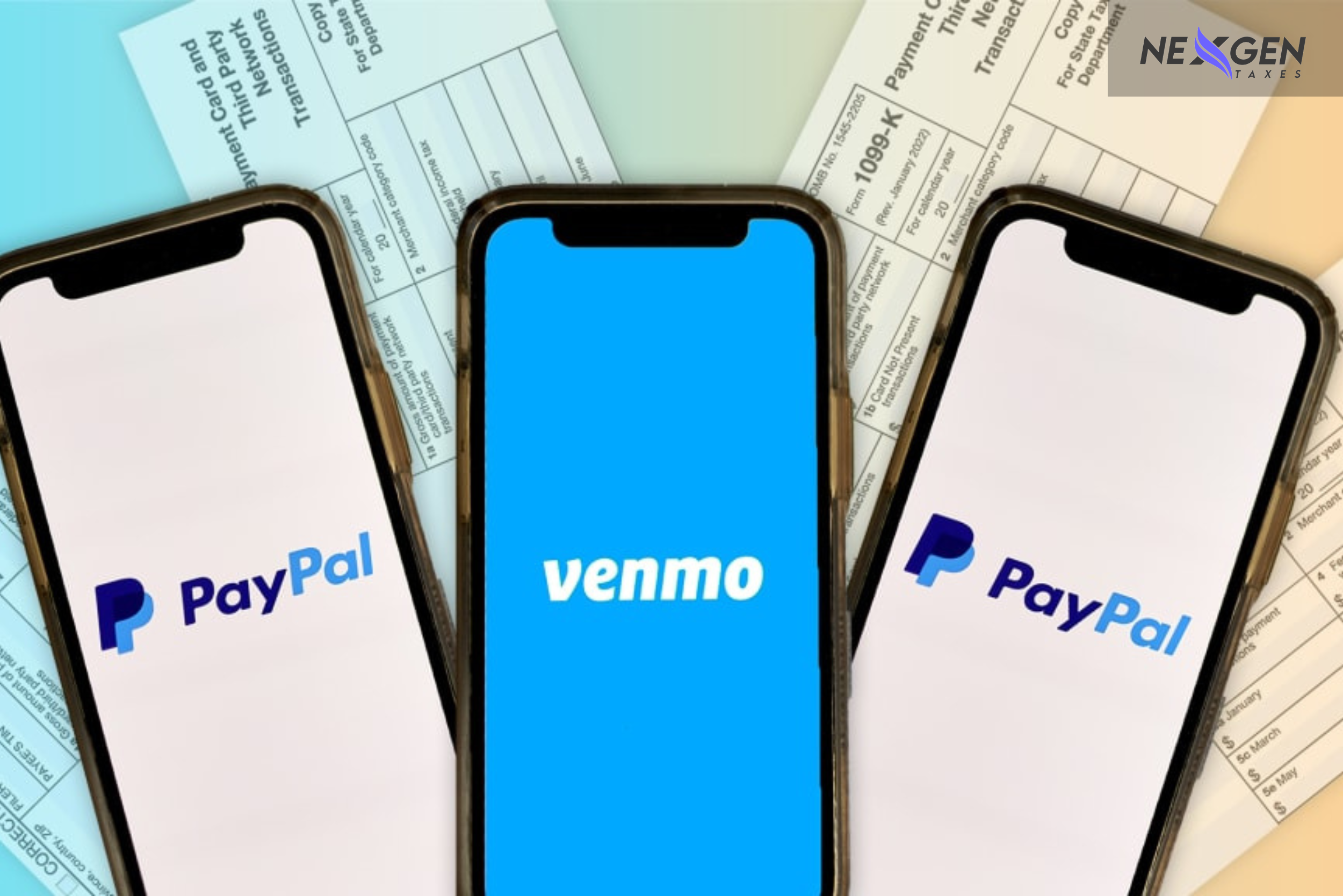
Almost everyone who has ever used payment facilitators such as Venmo or PayPal have been anxiously worried about the 1099-K reporting of transactions for $600 or more. Good news is that you need not worry, at least for the tax year 2023.
In response to insights from tax experts, payment facilitators, and the public, the Internal Revenue Service (IRS) recently unveiled Notice 2023-74PDF. This document signals a postponement of the newly instituted $600 Form 1099-K reporting requirement for third-party payment processors for the 2023 calendar year.
The IRS recognizes the need for more time to integrate this novel regulation efficiently. Thus, 2023 will be treated as an extension period. This approach aims to ensure clarity from the projected issue of 44 million Forms 1099-K to numerous taxpayers, many of whom might not anticipate such a form or have relevant tax obligations. Consequently, in 2023, reporting will be mandatory only for taxpayers receiving more than $20,000 across more than 200 transactions.
Considering the intricate nature of this new rule, its extensive impact on individual taxpayers, and the necessity for stakeholders to receive definitive guidance well in advance, the IRS is strategizing a $5,000 threshold for the 2024 tax year. This is part of a gradual plan to apply the $600 reporting limit set forth by the American Rescue Plan (ARP).
In addition, following discussions within the tax community, the IRS is exploring revisions to Form 1040 and associated schedules for 2024, aiming to streamline the reporting process for taxpayers. Altering the Form 1040 series, a fundamental tax document for over 150 million taxpayers, requires time; hence, these changes are slated for the tax year 2024, allowing room for further input. This postponement for tax year 2023 aims to avoid issues for taxpayers and tax professionals.
Initially, the ARP mandated that third-party settlement organizations (TPSOs) such as Venmo and PayPal, including online marketplaces, report transactions exceeding $600 for goods and services sales on a Form 1099-K starting in 2022. These forms, sent to the IRS and taxpayers, are intended to assist in tax return preparation. Reporting goods and services transactions exceeding $200 per year, totaling over $20,000, was required only after the ARP.
The IRS had previously deferred this new criterion last year.
It is essential to understand that the obligation to report transactions does not apply to personal transactions such as birthday gifts, cost-sharing for rides or meals, or payments made to family members for household bills. Form 1099-K reporting should not include transactions that are exempt from taxation.
However, selling personal items at a loss could trigger a Form 1099-K, even without tax liability.
The complexity in differentiating these transaction types played a significant role in the IRS’s decision to delay the reporting requirements by an additional year and to consider a $5,000 threshold for 2024. IRS will use this extended period to refine its approach, aiming to alleviate the burden on taxpayers.
Feeling overwhelmed by the ever-changing tax laws? Reach out to NexGen Taxes’ team of CPAs and EAs today to get your questions answered. We are here for you 24/7, reach out to us today.
